Benton County Crisis Center
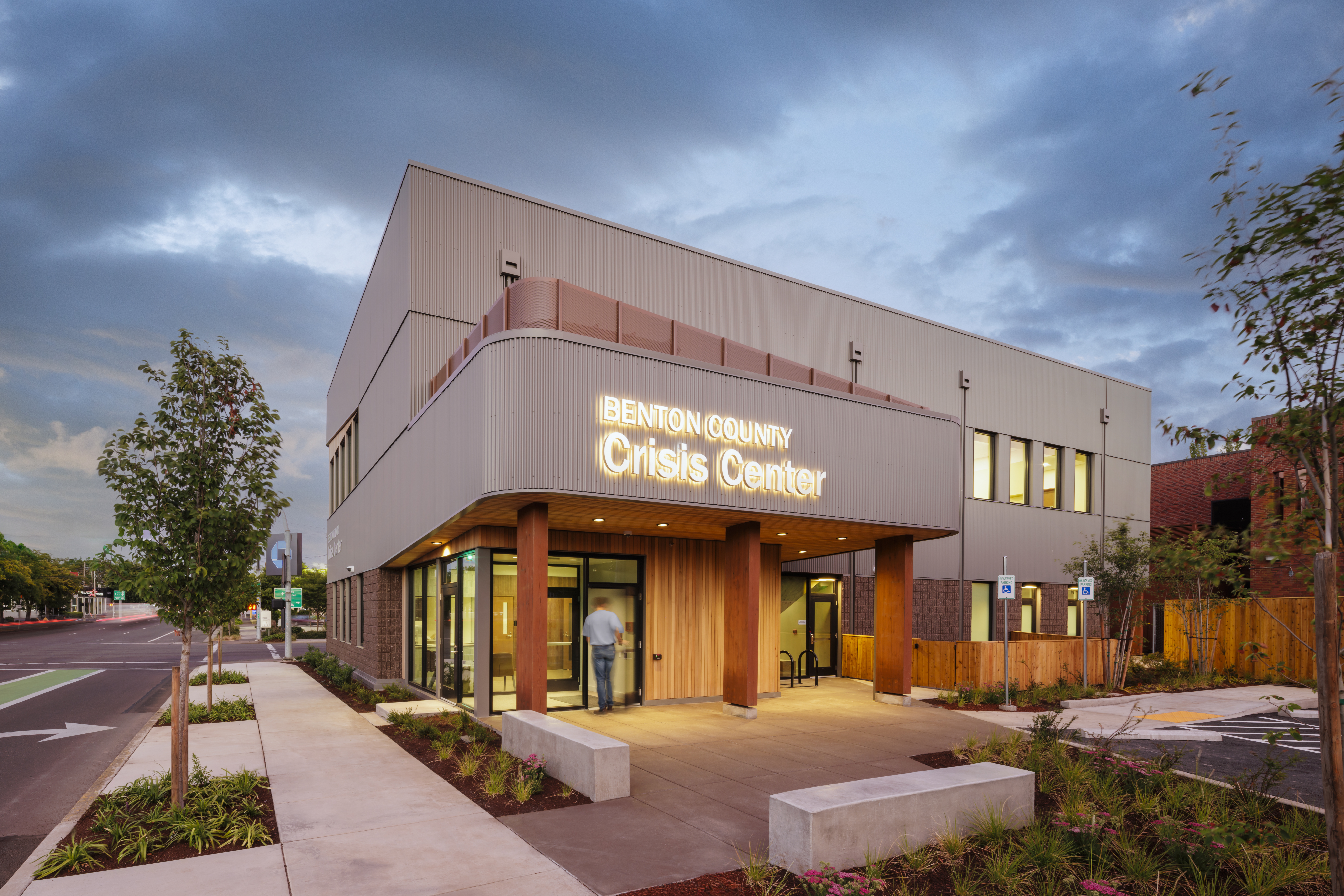
A place for mental health support
when you need it, without judgment
Supporting Community Wellness
Benton County Behavioral Health offers a voluntary drop-in treatment-centered facility that provides stabilization for people experiencing a mental health crisis, along with referrals and support for ongoing behavioral health services.
The crisis center serves all ages, regardless of ability to pay, no appointment needed. It is designed for anyone who needs a break from stressors to be connected to services and support. The “no-wrong-door” approach helps those who are having mental health crises for any number of reasons.
Location: 240 NW 4th St, Corvallis, OR 97330
Hours: Monday – Friday, 8:00am – 5:00pm
Phone: 541-766-6767
TDD: 1-800-221-2832
“Our Crisis Team does incredible work responding to people with skill and empathy during some of their hardest moments. The Crisis Center gives that work a permanent home and the capacity to do even more.”
-April Holland,
Health Department Director

Available now
Drop-In Crisis Counseling
Benton County Behavioral Health offers drop-in counseling services for all ages. No appointment is needed. Simply stop at the front desk and ask to see a crisis counselor.

Coming Soon
Stabilization Services
People in crisis can stay up to 23 hours in a calm, comfortable and quiet area that will include reclining chairs separated by dividers for privacy.
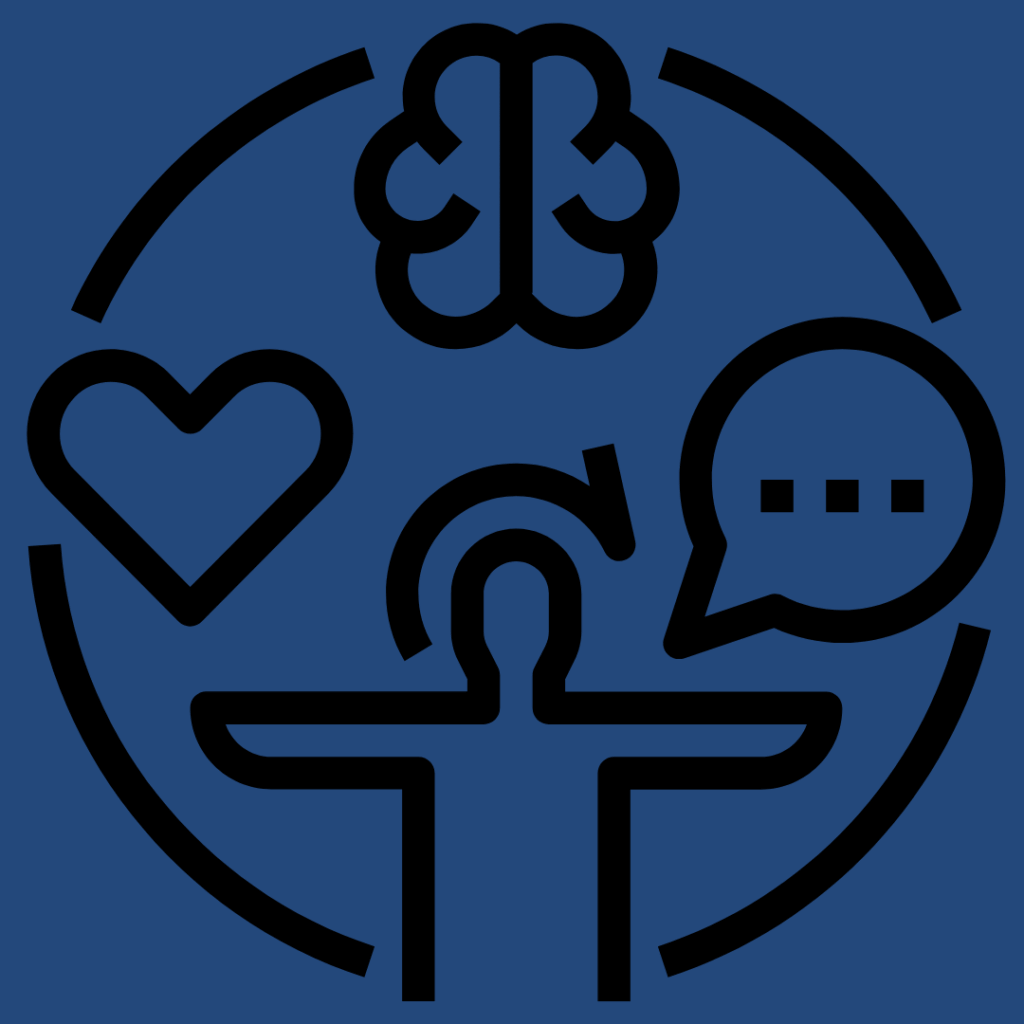
Coming Soon
Respite Care
Those who need more support may be able to access up to 29 days of voluntary stay in a residential space. There are private rooms, a shared kitchen and common areas.
Click here to see Mental Health Crisis Services available by phone or text
If there is an emergency, please call 911 or go to your local Emergency Room (ER).

Text OREGON to 741741 for 24/7, confidential free crisis counseling.
Crisis Text Line® is a registered trademark of Crisis Text Line, Inc.

If you or someone you know needs support now, call or text 988 or chat live at 988lifeline.org
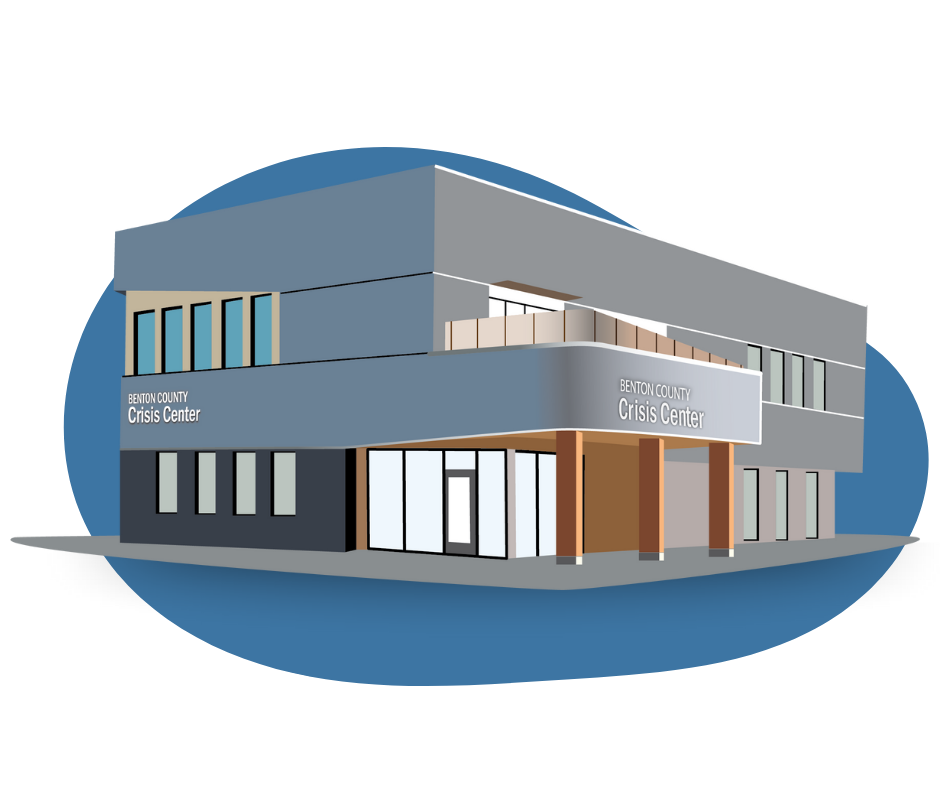
Benton County Crisis Center is…
…a drop-in, voluntary, mental health counseling center.
Click here for more information
Crisis counseling services are available to community members of all ages. Services such as short-term therapy, skills training, case management, and referrals for ongoing treatment and community resources are also provided at the center.
The staff at the Benton County Crisis Center include qualified mental health professionals, associates, and peer support specialists. Our team works directly with your existing care networks to establish or support ongoing treatment for you, whenever that is best for you.
Benton County Crisis Center is not…
…a Hospital or an Emergency Department
- People using this facility are not hospitalized
- No medications will be prescribed
- There is no permanent housing available
Click here for more information
The Benton County Crisis Center is a non-medical facility and does not have medical staff onsite. The local emergency department continues to be available for acute medical needs and for people who need a level of care higher than what we can provide.
The Crisis Center is also not a detox facility or a homeless shelter. Our team supports people and connects them to appropriate care, sometimes in the form of referrals to other care options. Our goal is to meet you where you are, supporting you to get the care you need and want.
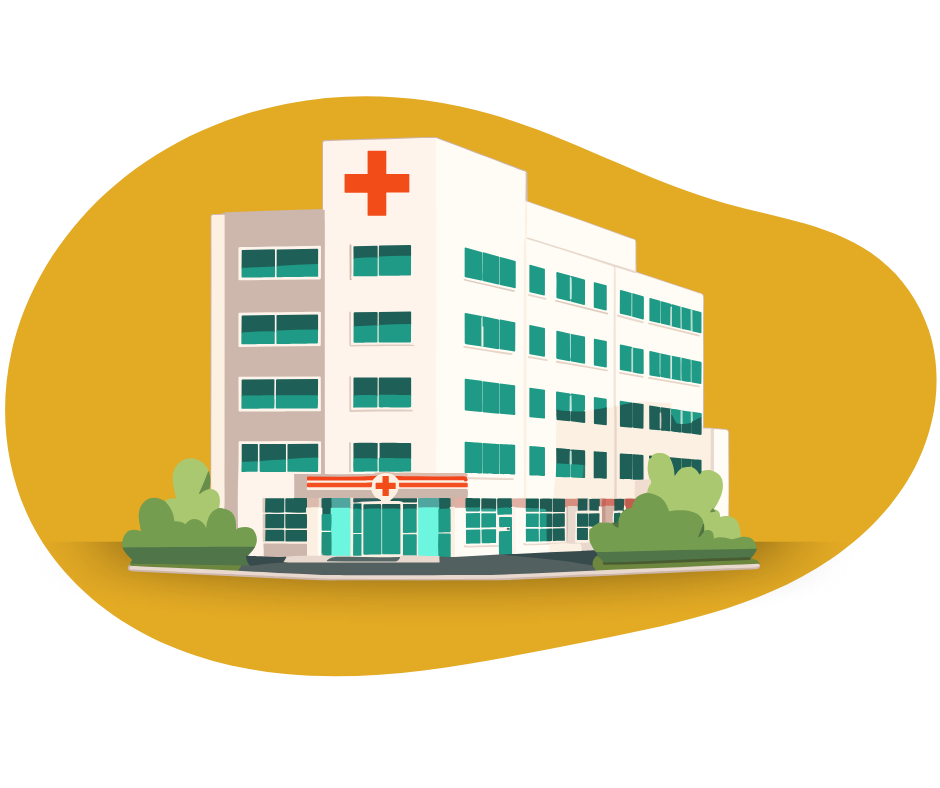

Anyone in Need Can Go
All are welcome to use the Benton County Crisis Center to address their crisis needs and get support.
Click here for more information
Benton County Crisis Center is for anyone who comes in seeking help with their mental health.
The availability of services is not dependent on:
- Ability to pay / Health insurance
Crisis Services are offered at no cost to you. - Diagnoses / Patient status
You do not have to already be a patient of Benton County Behavioral Health – or anyone else – to get help. Crises don’t only happen to people with an existing diagnosis. We are here to support anyone who needs it. - Residency / Citizenship
The best crisis center to visit is the one you can get to when you are in crisis. You do not have to live in Benton County to access our services.
If you come here, and you need support, we are here for you.
The Right Time to Go
Your mental health matters. If you believe you are in crisis, you deserve help and support. You don’t need an appointment or health insurance.
Click here for more information
Every person is different, and the signs of crisis can differ from person to person. You may feel anxious, depressed, or irritable. You may be thinking about harming yourself or others, or find it suddenly difficult to take care of yourself or others the way you’re used to. A crisis can feel overwhelming, and it might seem as if the coping skills you usually have no longer work.
Remember that you are deserving of care, and your mental health is important. Our team is here to:
- support you in the ways we can
- connect to additional services you may want or need
- help you set up a plan to get back to your daily life
- build resilience to help prevent and/or manage crisis situations in the future
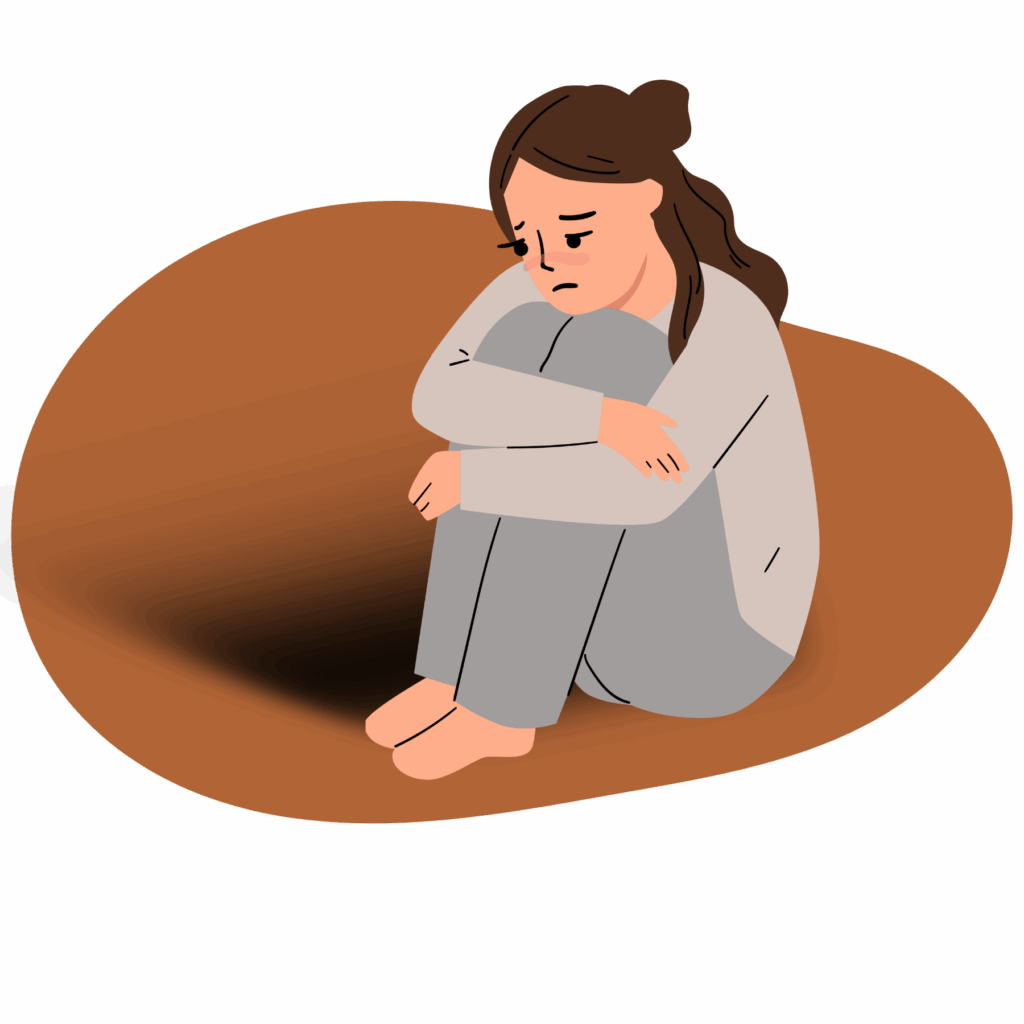

What to Expect
- Emotional support in a non-judgmental and trauma-informed environment
- A peaceful atmosphere, focused on short-term stabilization and support
- Connection to other services
Click here for more information
When you walk into Benton County Crisis Center, our staff will greet you, gauge your immediate safety, and gather some basic information. You may be asked about your mental health symptoms, stressors, or support system, as well as any substance use, suicidal or homicidal thoughts.
Risk and Need Assessment
A clinician will conduct a more detailed evaluation to determine the level of care you need. They may ask about:
- Recent traumatic events
- Thoughts of self-harm or harm to others
- Psychosis or disorganized thinking
- Your ability to care for yourself
Depending on the urgency, you might be seen right away or have a short wait.
Stabilization and Support
If you’re in crisis, staff will help de-escalate the situation. This might include:
- Crisis counseling
- Short-term safety planning
- Coping skills and grounding strategies
You’ll be in a safe, supervised environment—a calm space with minimal stimulation. You may have the option to stay in a 23-hour recliner area or be referred to the on-site respite program if longer stabilization is needed.
Determining Next Steps
The team will work with you to develop a plan, which may include:
- Discharge with referrals for outpatient care
- Connection to case management or community resources
- Support from the Mobile Crisis Team or CORE co-response if appropriate
Related Services and Info

Crisis Services
Information and resource for crisis phone lines, crisis text services, in person drop-in counseling, and mobile crisis services in the community.

Substance Use Disorder Treatment
Individual and group counseling services for people who want to change their relationship to substance use.

Assertive Community Treatment (ACT)
ACT provides intensive, highly integrated, community-based services for people who have a serious mental illness.

Early Assessment & Support Alliance
EASA is a free program that serves young people who currently are or have recently been experiencing early at-risk symptoms for psychosis.

Children and Family Mental Health
Therapeutic services for youth under age 18 with a mental health diagnosis and identifiable treatment goals.

Behavioral Health in Primary Care
This service links a qualified mental health provider to our health care teams and supports our primary care providers improve overall health outcomes of our patients.
